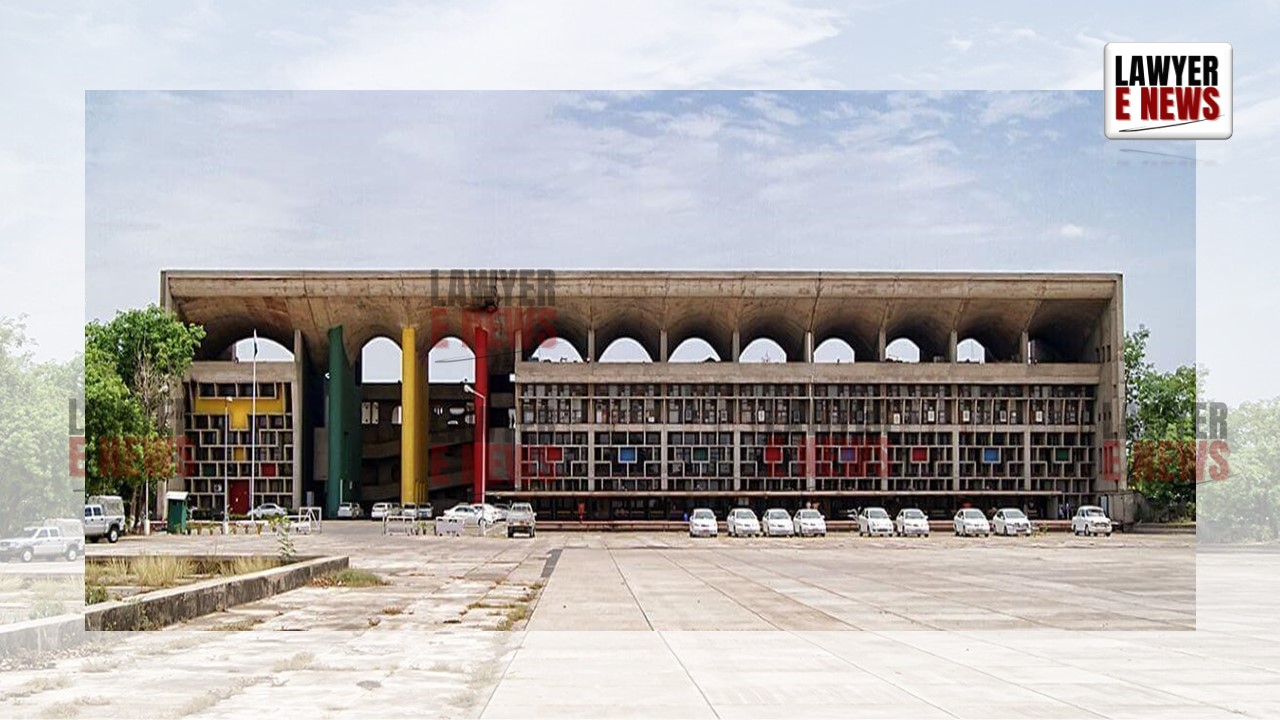-
by sayum
14 February 2026 2:22 PM



In a recent order, Punjab and Haryana High Court clarified the limited scope of allowing additional evidence under Order 41 Rule 27 of the Code of Civil Procedure, 1908 (CPC). Justice Pankaj Jain held that the appellate court erred in permitting additional evidence to be introduced and in remanding the case to the trial court after setting aside its judgment and decree.
The Court modified the remand order, restoring the trial court’s judgment and limiting the remand to an additional issue of adverse possession, which was directed to be tried by the trial court before returning its findings to the appellate court.
The plaintiffs filed a suit claiming ownership of the disputed land through a will executed by their grandfather and sought possession, alleging that the defendants had encroached on their property. The defendants denied the plaintiffs’ ownership and claimed title by adverse possession.
The trial court dismissed the suit, holding that the plaintiffs had failed to establish title. On appeal, the plaintiffs moved an application under Order 41 Rule 27 CPC to introduce revenue records as additional evidence. The appellate court allowed the application, framed an additional issue on adverse possession, and remanded the case to the trial court after setting aside its judgment.
The defendants challenged this order, arguing that the additional evidence was improperly allowed and that the remand order was unsustainable in law.
The High Court held that additional evidence can only be permitted in exceptional circumstances where the statutory conditions under Order 41 Rule 27 CPC are met. The provision does not allow parties to compensate for their lack of diligence or to fill gaps in their case.
The Court referred to precedent, including Parsotim Thakur v. Lal Mohar Thakur (68 IA 254) and K. Venkataramiah v. A. Seetharama Reddy (AIR 1963 SC 1526), which emphasized that the appellate court must find the evidence necessary for pronouncing judgment.
In this case, the revenue records sought to be introduced were publicly available. The plaintiffs attributed their failure to produce them earlier to lack of knowledge and oversight by their counsel. The Court held that such reasons did not satisfy the due diligence requirement under Order 41 Rule 27 CPC.
"Order 41 Rule 27 CPC is not intended to allow a party to patch up weaknesses in its case. The discretion to admit additional evidence must be exercised sparingly and in exceptional circumstances."
Accordingly, the appellate court’s decision to allow the application for additional evidence was set aside.
The defendants had raised a plea of adverse possession in their written statement, but the trial court failed to frame an issue on this aspect. The appellate court addressed this omission by framing an additional issue and remanding the case.
The High Court agreed that the framing of an additional issue was necessary. However, it held that the appellate court erred in setting aside the trial court’s judgment and decree while remanding the case.
The Court explained that under Order 41 Rule 25 CPC, when an appellate court frames an additional issue, it should retain the appeal and refer the issue to the trial court for findings, rather than setting aside the entire judgment. The appellate court’s decision to remand the entire case was therefore modified.
The High Court partially allowed the revision petition and passed the following directions:
The appellate court’s order allowing additional evidence under Order 41 Rule 27 CPC was quashed.
The remand order was modified. The trial court’s judgment and decree were restored, and the remand was limited to the additional issue of adverse possession. The trial court was directed to record findings on this issue and return them to the appellate court for a final decision.
This judgment underscores the strict interpretation of Order 41 Rule 27 CPC and reinforces that additional evidence cannot be used to rectify a party’s lack of diligence. It also clarifies the procedure for remanding cases under Order 41 Rule 25 CPC, emphasizing that appellate courts should limit remands to specific issues without unnecessarily disturbing trial court judgments.
Date of Decision: December 20, 2024
